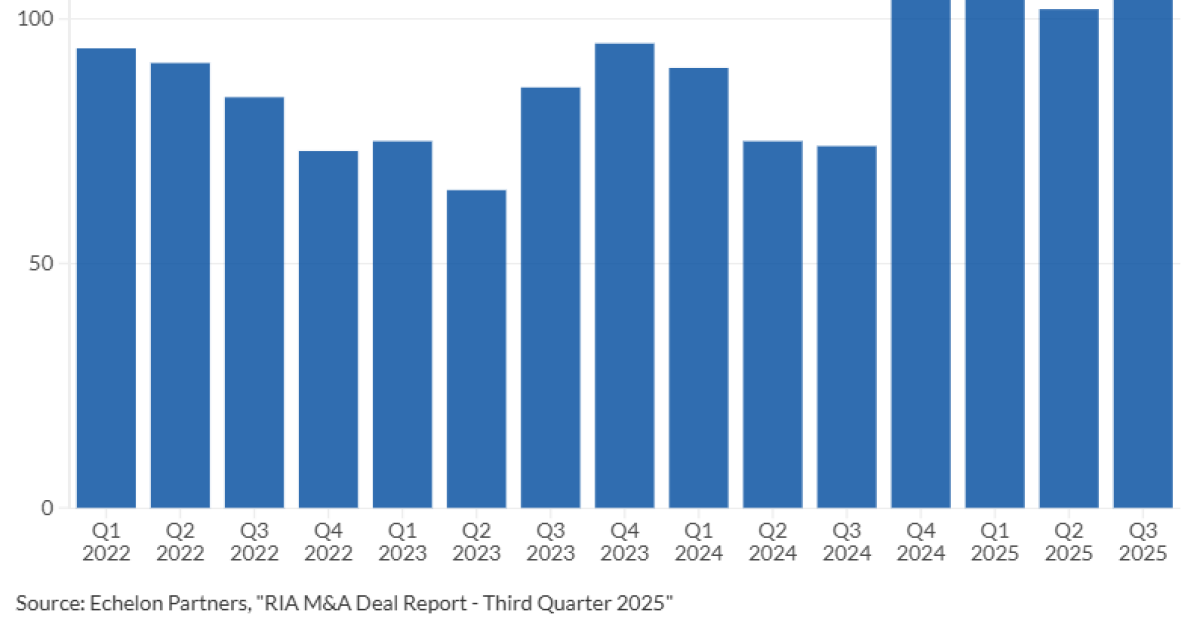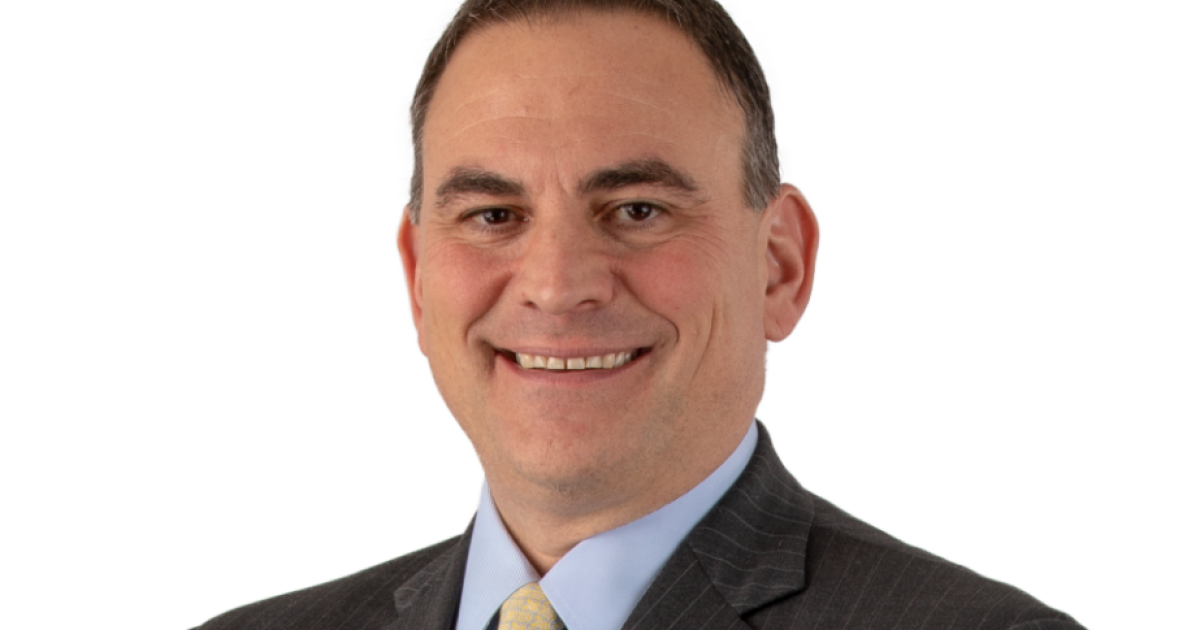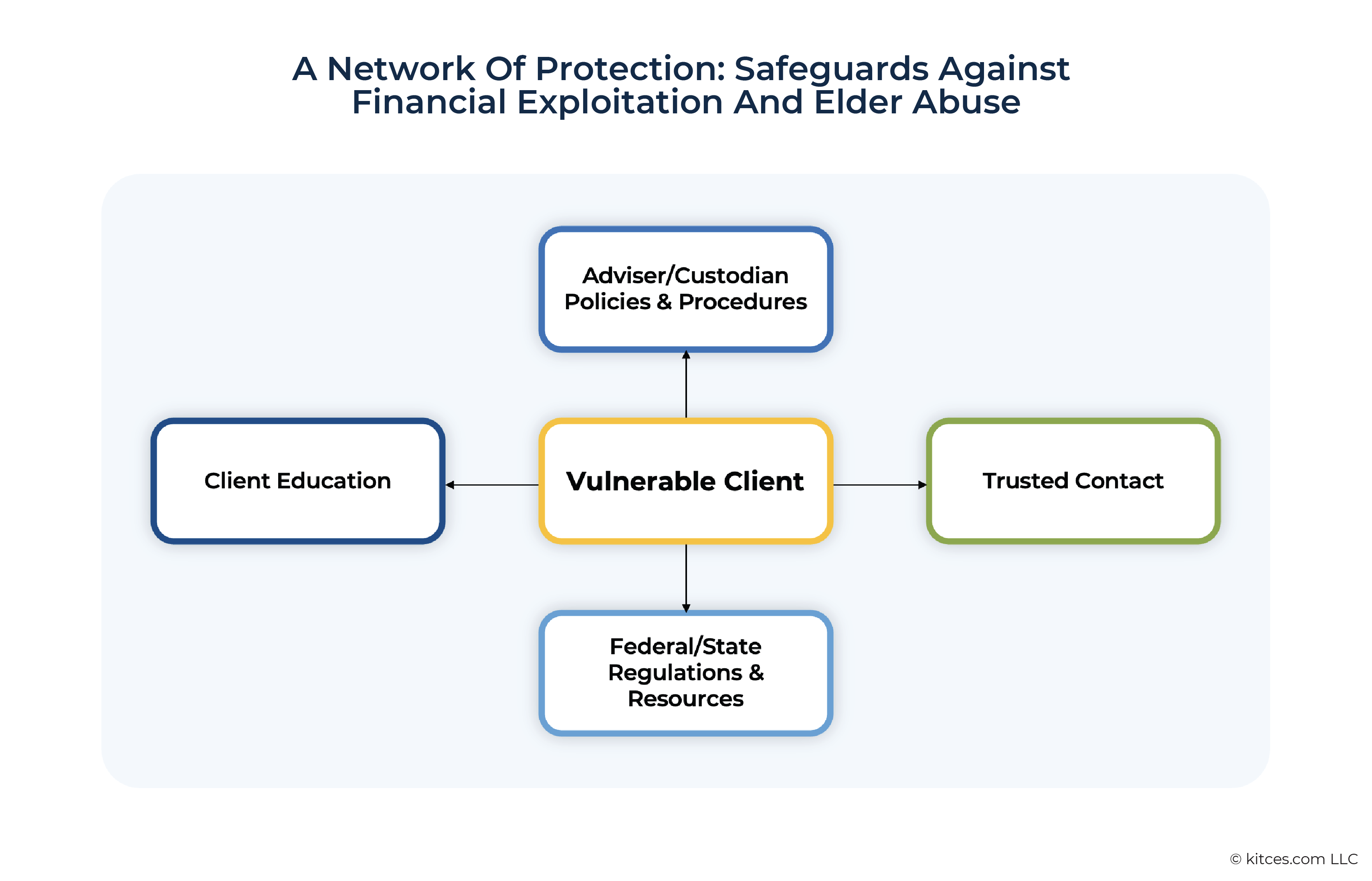As someone who’s spent years coaching financial services professionals and observing what sets high-performing teams apart, I have come to believe that excellence is rarely accidental; rather, it’s extremely intentional. This is highlighted in how leaders think about hiring.
When a long-standing team member leaves a firm the first instinct is often to find a 2.0 version of that individual. I caution against this approach because it can keep teams mired in the past by reinforcing preexisting and perhaps stale processes, procedures and mindsets.
To avoid this, I always like to ask, “What is your team of the future, and what are you missing in order to get there?”
Inventory strengths and skills
I recently worked with a five-person advisory team that was losing an experienced client associate with a strong track record in account-opening and compliance operations. The team’s initial reaction was to seek a replacement who had similar expertise. While that was a reasonable course of action, I encouraged them to put in some crucial prep work prior to posting the position.
A team leader should talk with remaining team members about their strengths and skills and then ask them: “In a perfect world, what would you like to do more of? Less of? Stop doing altogether?”
READ MORE: When should a new RIA start hiring support staff? It’s complicated.
Armed with this input, check that each team member’s “superpowers” align with their current roles and responsibilities. Leaders should ask themselves: Does each person’s role capture their natural passions and innate skills adequately? If not, is there someone else on the team who could be performing that task?
The process can expose skill gaps that can be filled by the new hire. Conversely, the input can be used to avoid assigning a role to an incoming individual that a loyal and long-standing team member may have wanted to take on.
Look outside the industry for new talent
This part is crucial. Prospective hires with strong wealth management backgrounds are of course, worth considering. But they can also come with habits and biases formed by long-standing industry practices. Those with backgrounds in health care, education, nonprofit, project management, etc. tend to ask more “why do we do it this way” questions — ones that help teams innovate.
READ MORE: Changing careers to become a financial advisor? Here’s what to know
For instance, one team I worked with hired a client associate from a marketing firm who questioned why the team maintained both physical and digital client files. Even though the long-standing practice was causing a backlog as the team worked to digitize and organize folders, no one had stopped to ask, “Is this the most effective way?” As it turned out it wasn’t, and the team agreed to go fully digital.
Think about future capacity needs, always
Not even the highest-performing teams have a crystal ball that tells them when an employee may leave a firm. But they do tend to consider hiring the next team member before the existing team is drowning in their workload. Firm leaders who stay ahead of hiring needs by constantly assessing capacity tell me they are committed to reinvesting dollars, in the form of additional salary lines.
A team I coach recently shared that they plan to hire an associate financial professional, not because they are at capacity, but because they understand the time it takes to train someone and build client relationships. They anticipate needing the extra capacity in about two years, so bringing someone in now ensures the new financial professional will be fully integrated when the need arises.
Waiting until the pressure was on would likely lead to a rushed decision rather than a thoughtful one.
Hiring with intention isn’t a one-time act — it’s about seeing each new hire as a strategic lever, a chance to elevate the team, deepen its culture and expand its capabilities. It’s about asking not just who do we need now, but who we want to become.




























